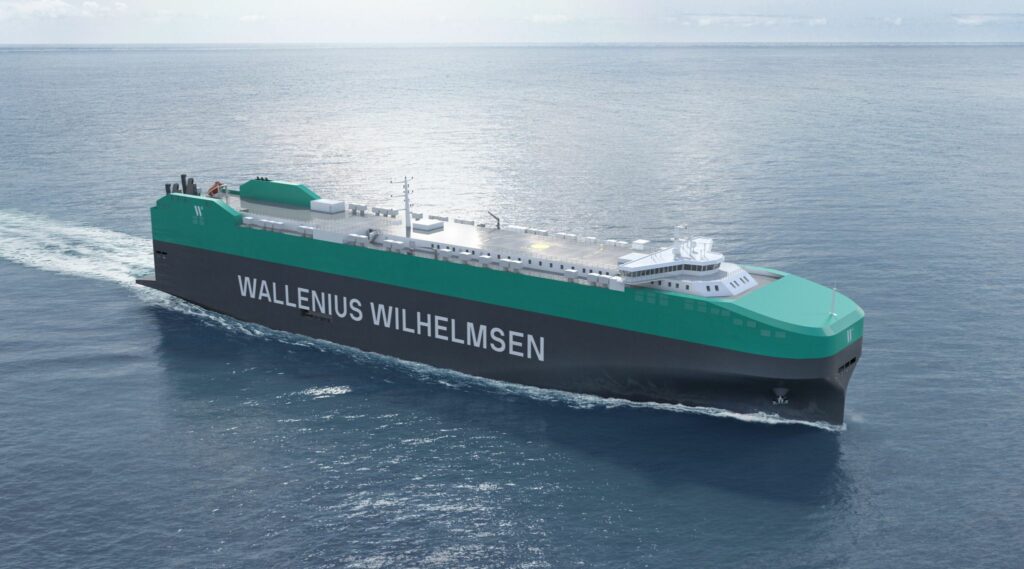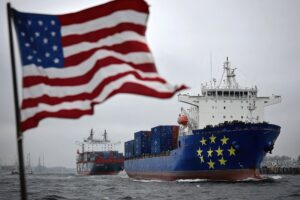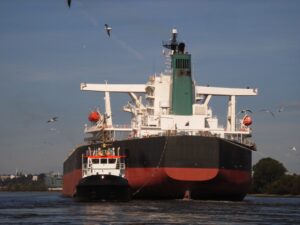
Despite the fact that the RoRo shipping market is expected to be tighter in 2024 due to strong growth in auto exports out of Asia and reduced tonnage availability due to the situation in the Red Sea, Norway’s car carrier operator Wallenius Wilhelmsen expects 2024 to be another strong year, somewhat better than 2023.
The car carrier specialist has reported strong performance during the first three months of the year despite the impact of external events.
The company posted for the first quarter net profit of $185m and Ebitda of $438m, of which shipping contributed $366m, logistics $46m, and government $34m.
The financial results came despite shipping volumes and available capacity being negatively impacted by re-routeing away from the Red Sea and the bridge collapse in Baltimore which impacted US east coast operations.
“We are very pleased with our results in Q1 2024, in particular in view of the impacts from multiple, external events,” said president and chief executive Lasse Kristoffersen.
“Shipping volumes and available capacity were negatively impacted by the rerouting away from the Red Sea. In addition, the bridge collapse in Baltimore impacted operations on the US east coast. Despite this, and thanks to our teams’ extraordinary efforts, we delivered another strong quarter,” added Kristoffersen.
After the tragic bridge accident in Baltimore and the shutdown of cargo flows in and out from the port, Wallenius Wilhelmsen rerouted cargo to alternative ports on the US East coast.
As the top management reveals, the Baltimore situation has had limited financial implications for Wallenius Wilhelmsen in the first quarter, but will have some negative effects in the second quarter and possibly longer depending on when the port resumes regular trading and operations.
At the same time geopolitical developments may have an impact on the bunker price leading to higher fuel costs, the company said.
At the end of Q1, Wallenius Wilhelmsen controlled a fleet of 125 vessels, maintaining the same fleet size from Q4 2023. On the newbuilding side, the company firmed up an additional four 9,300 CEU vessels during the quarter.
This leaves the company with a total order book of eight vessels with planned delivery from H2 2026 onwards.
As the owner reveals, the market remains fundamentally strong and charter rates for tonnage continue to be high. The company had no vessels on short-term charter in the first quarter.
The decision to add, extend or redeliver charters will depend on the overall market situation, the company said, including price of charters, demand growth and the long-term fleet strategy.



